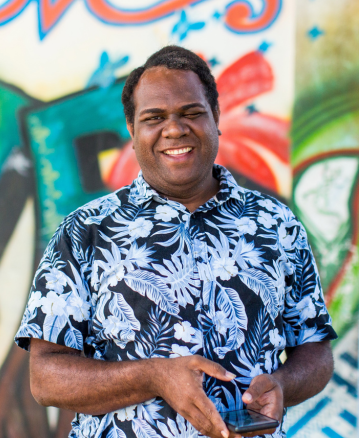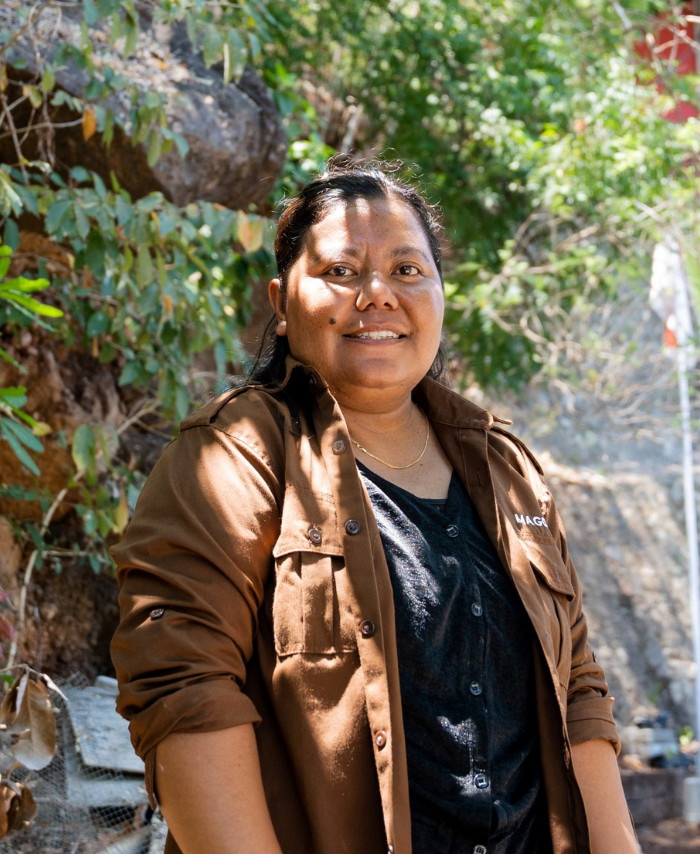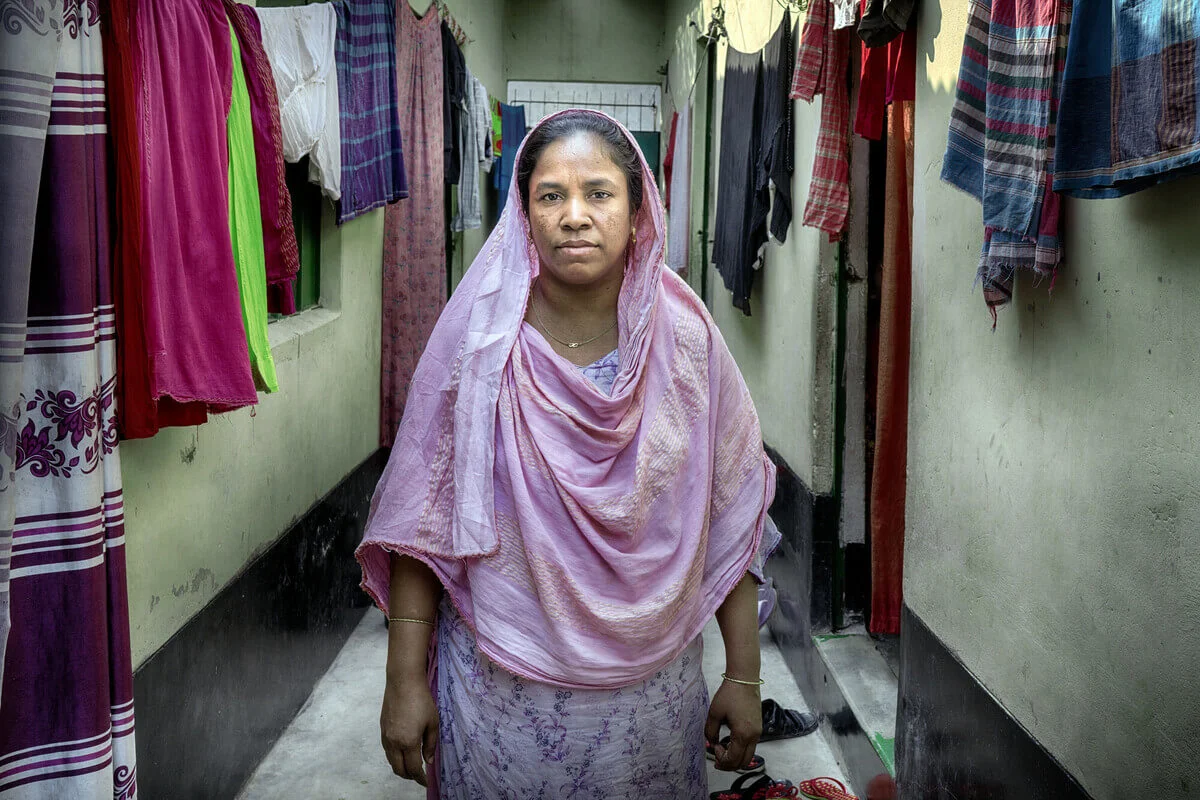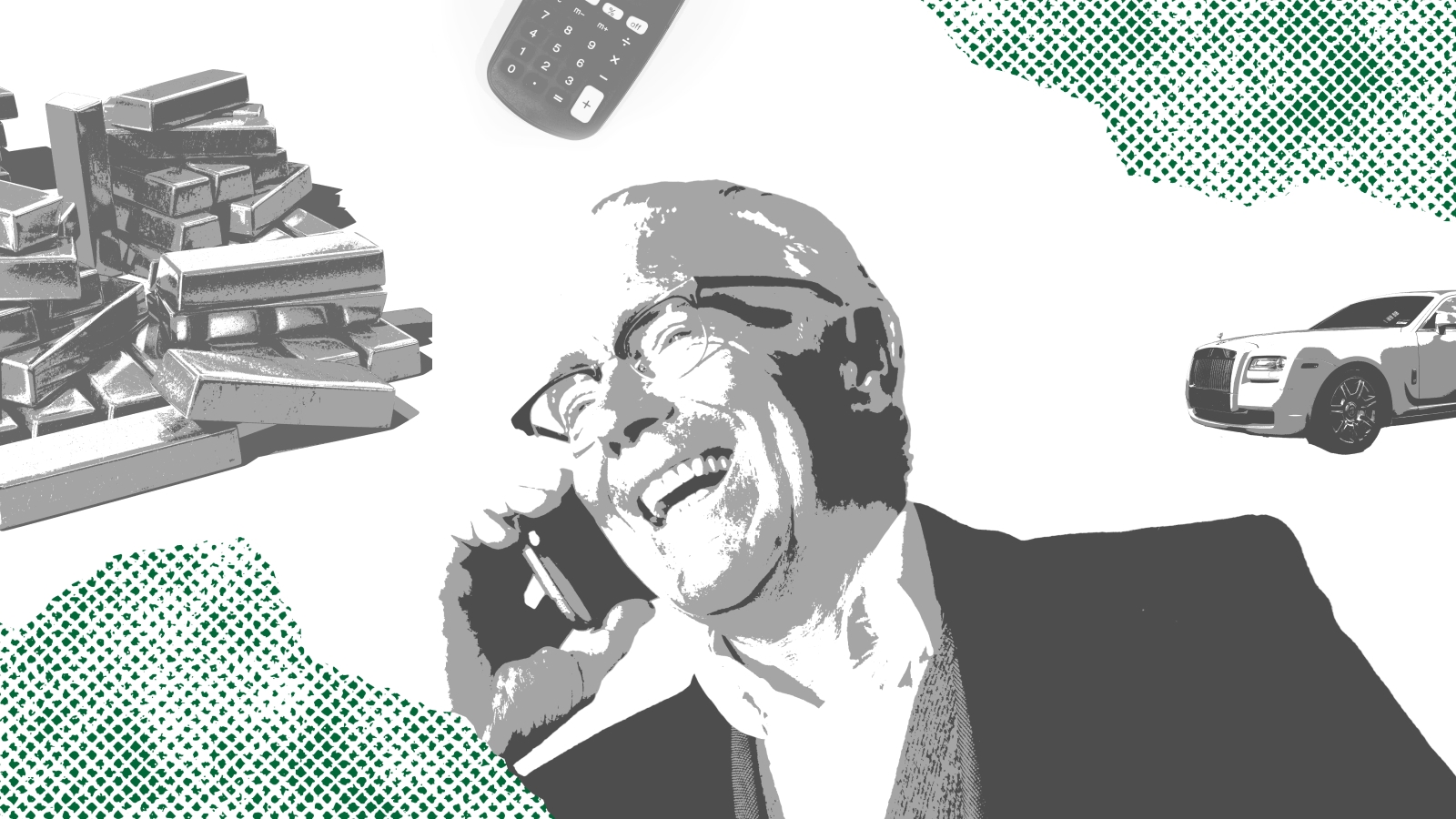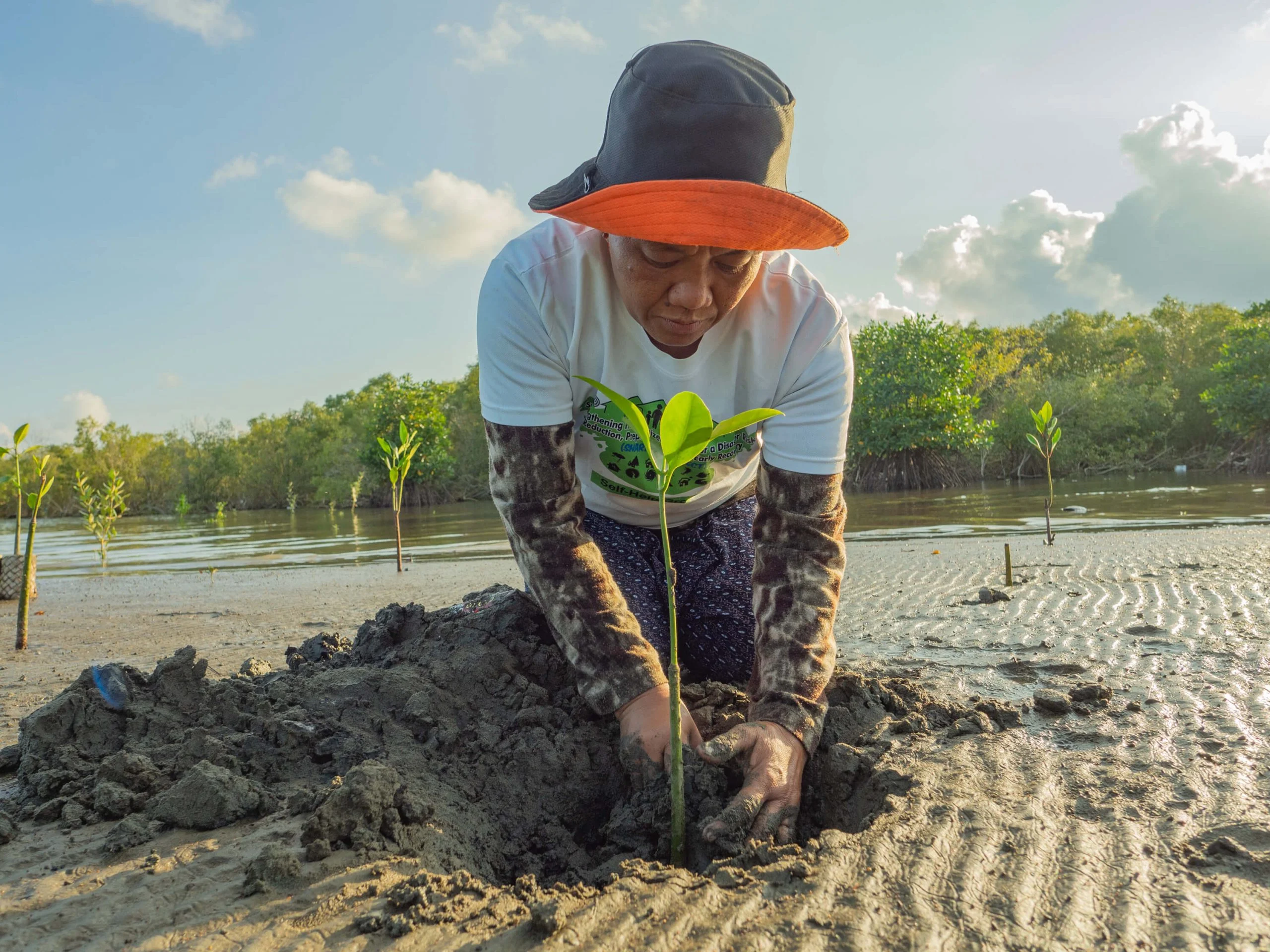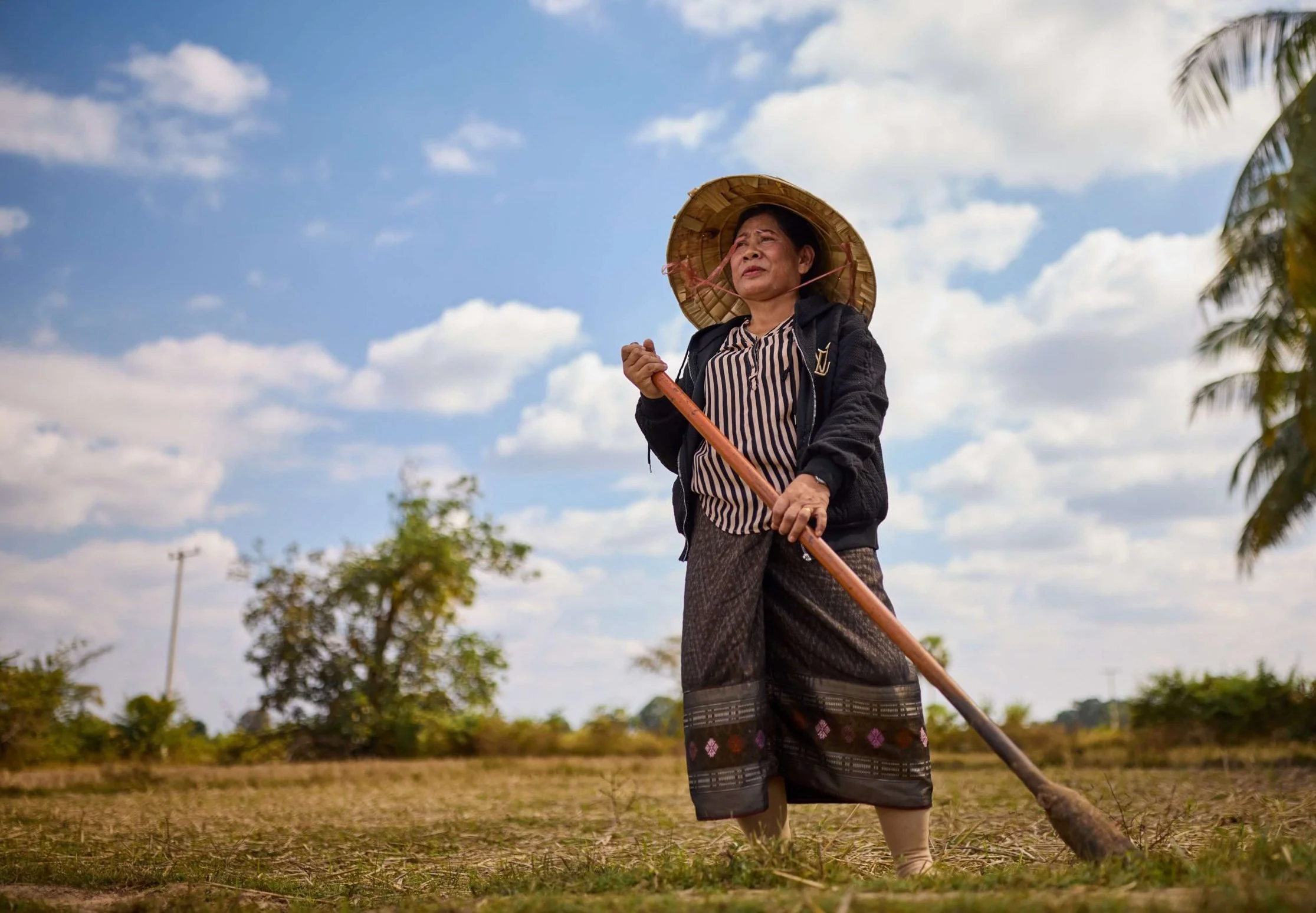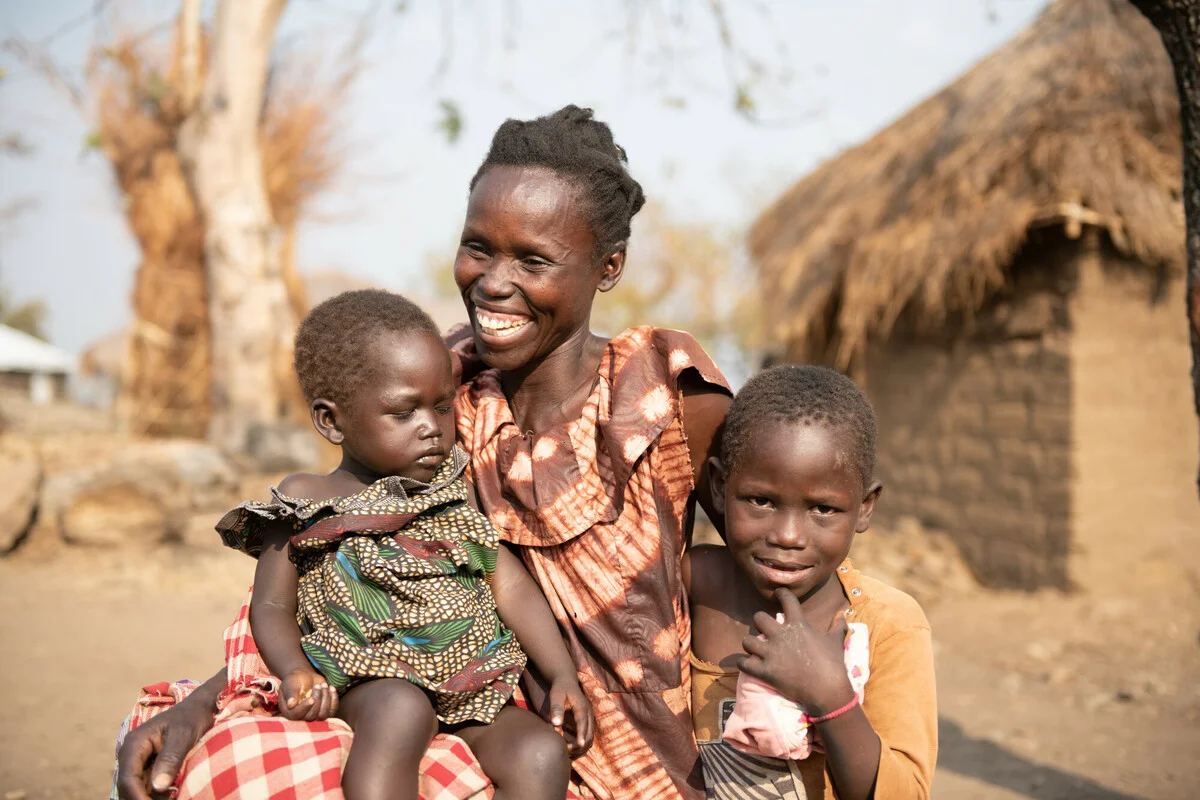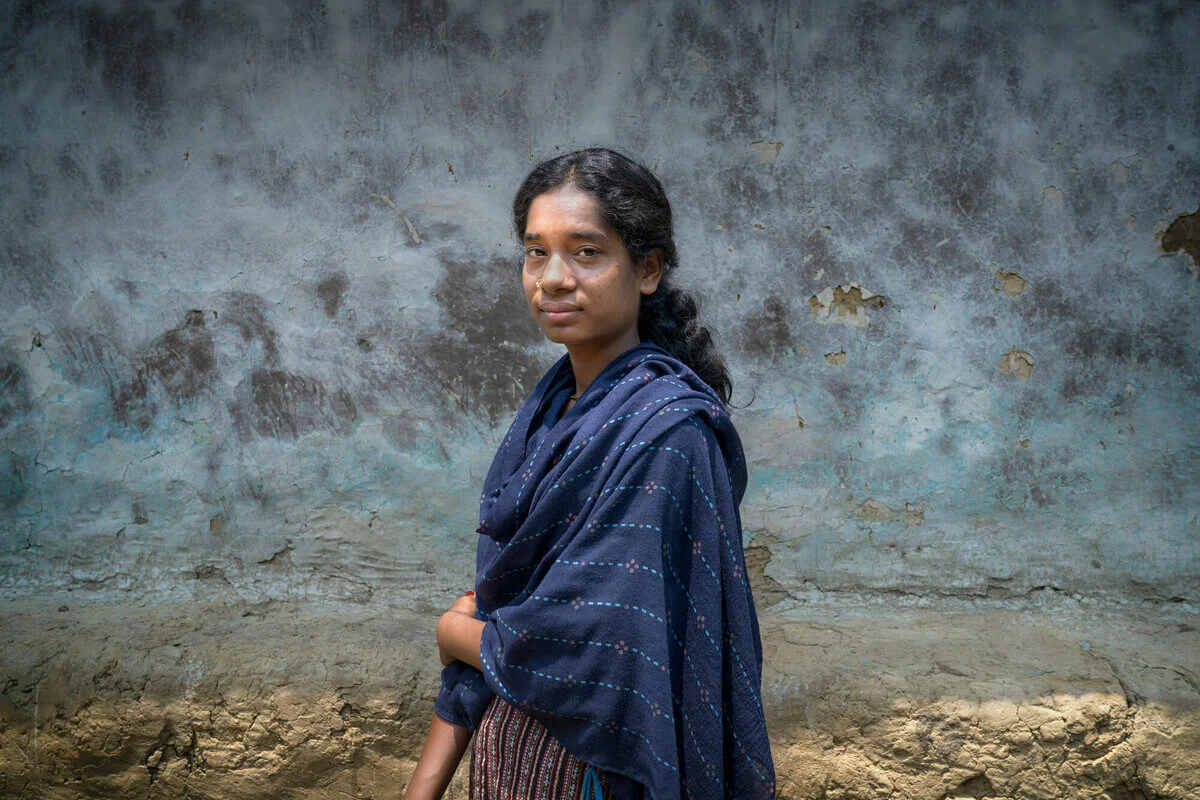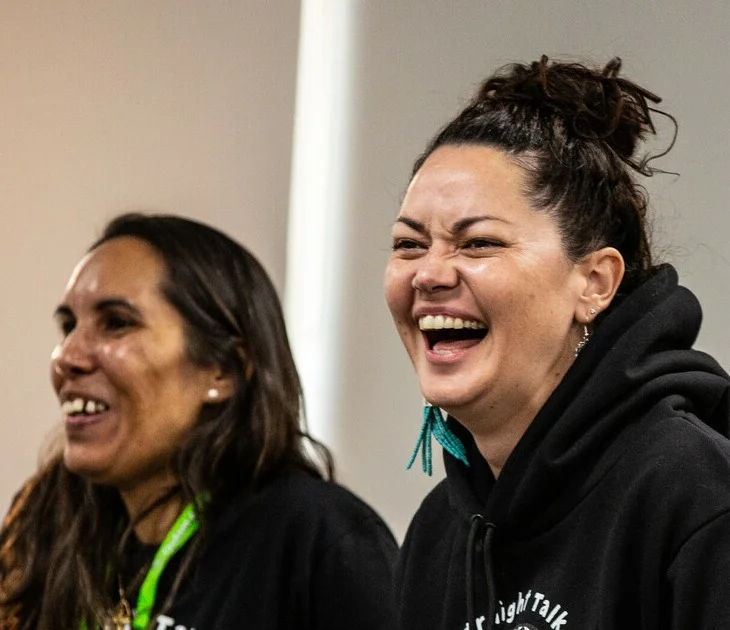Economic inequality — which includes wealth inequality and income inequality — is a result of deliberate policies that privilege the super-rich and exclude the vast majority of people. It is undermining progress against poverty, damaging economic growth and causing public anger and unrest, especially as climate-related disasters become more common.
Through our programs, campaigns and advocacy, we are building fairer economic systems to protect the environment, provide economic justice and deliver a future where everyone has a fair chance for a decent and dignified life.
The growing gap: concurrent rise of extreme wealth and extreme poverty
Extreme wealth and extreme poverty have increased concurrently for the first time in 25 years. The richest 1% of people have more than twice the combined wealth of the other 99% of the world’s population.
Economic inequality is the result of the unequal distribution of income and wealth between different groups of people.
This huge divide between rich and poor is based on a flawed and sexist economic system that values the wealth of the privileged few — mostly men — more than the billions of hours of unpaid and underpaid care work done primarily by women and girls.
Economic governance for equality
Current economic models have failed us. Unjust systems have concentrated power and wealth in the hands of a few, at the expense of the world’s poorest people.
In a truly equal society, 50% of the population should earn 50% of the income and own 50% of the wealth. However, the World Inequality Report (2022) illustrates that the world is experiencing extreme inequality, with the poorest 50% of the world earning just 8.5% of global income and owning only 2% of the world’s wealth.
This severe inequality has been allowed to flourish because global economies have valued financial growth above all else. This is a rigged economic system that exploits and starves the poorest and rewards the richest. For example, the impact of the COVID-19 pandemic and the Ukraine war have made food and energy unaffordable for millions of people around the world, including here in Australia. Yet, 95 food and energy corporations made a whopping $306 billion in windfall profits in 2022.
Building fairer systems for global equality and sustainability
To address global inequality, we must make systems fairer and create more equal societies. Rich, polluting countries must cut their carbon emissions. Governments must tax the wealthy and polluters, and must fund social protection and climate adaptation schemes to help people cope with climate-related shocks.
We believe that people and planet should be at the heart of economic policies. We need economic systems that are just and sustainable; serious action on the climate crisis; and new rules that empower all people to live with choice, dignity and equal opportunity.
Our focus is on closing the wealth divide and spreading income distribution and power more equally. We seek change through policies that put people first and give everyone a place at the decision-making table.
How is Oxfam seeking economic equality?
Oxfam is addressing income and wealth inequality and spreading the balance of power more equally through programs, campaigns and advocacy activities that focus on:
- Economic governance, which seeks change through policies that put people first; promotes equal rights; and gives people who are marginalised a place at the decision-making table and greater access to economic resources.
- Economic resilience, which helps communities withstand adversity and bounce back from difficult events.
- Women’s economic empowerment, which takes active steps to reduce the burden of unpaid care work and aims to ensure decent work, a fair wage, social protection, fair representation at decision-making tables and equal access to services for all women.
What Oxfam is doing to help
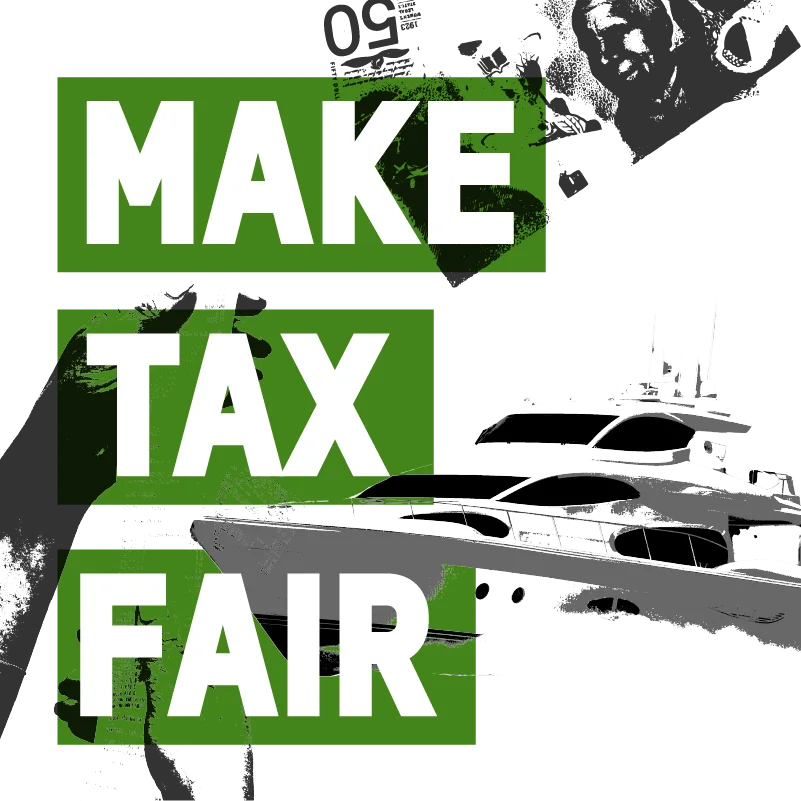
Make Tax Fair
Around the world, in the wake of the COVID-19 pandemic and in the midst of a cost-of-living crisis, more people are going hungry and struggling with rising prices, while real wages are declining. It’s time to Make Tax Fair.
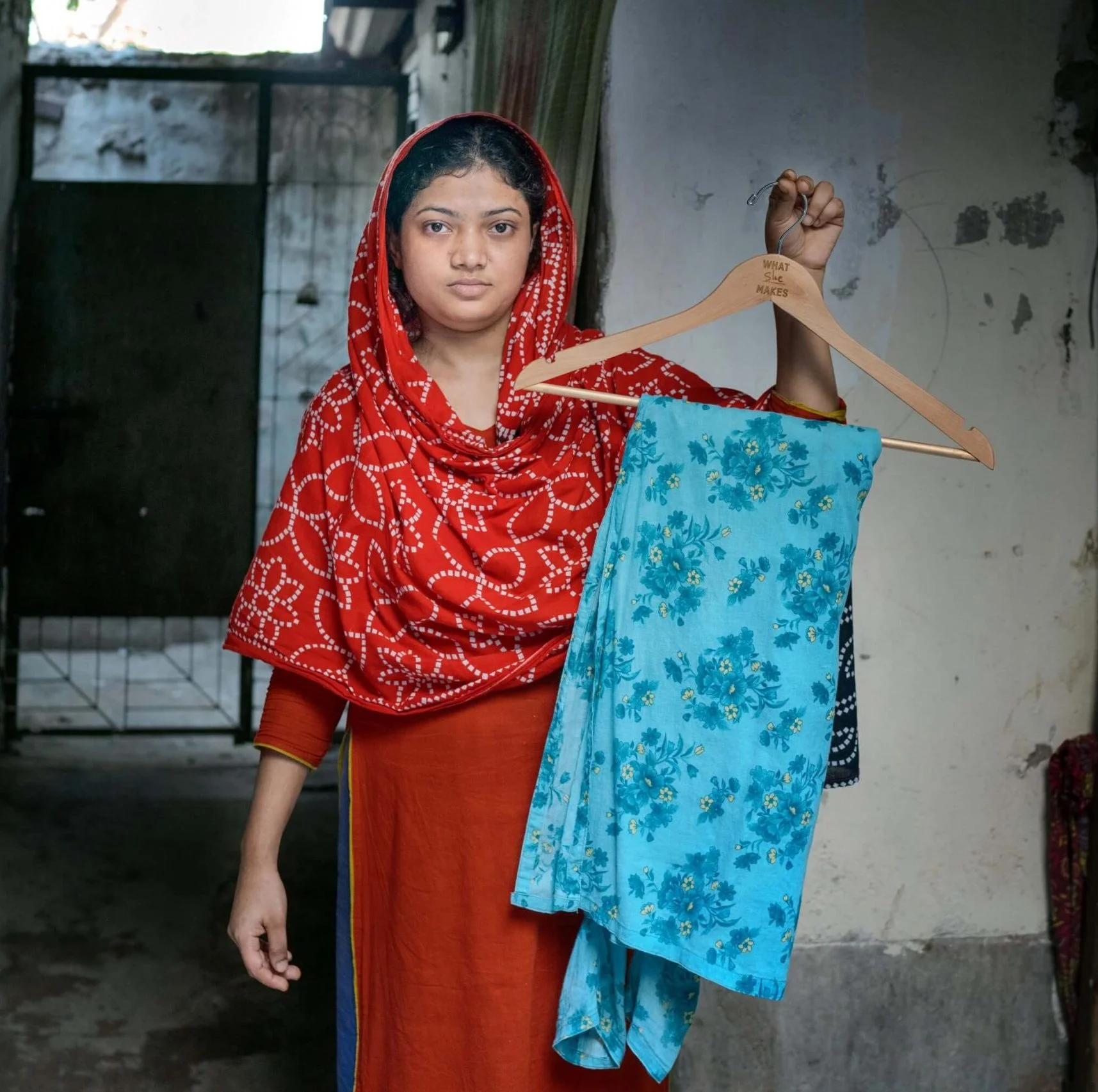
Workers Rights
Workers in developing countries are paid minimal wages and often work long hours in harsh and dangerous conditions; whilst producing some of the world’s most expensive brands.
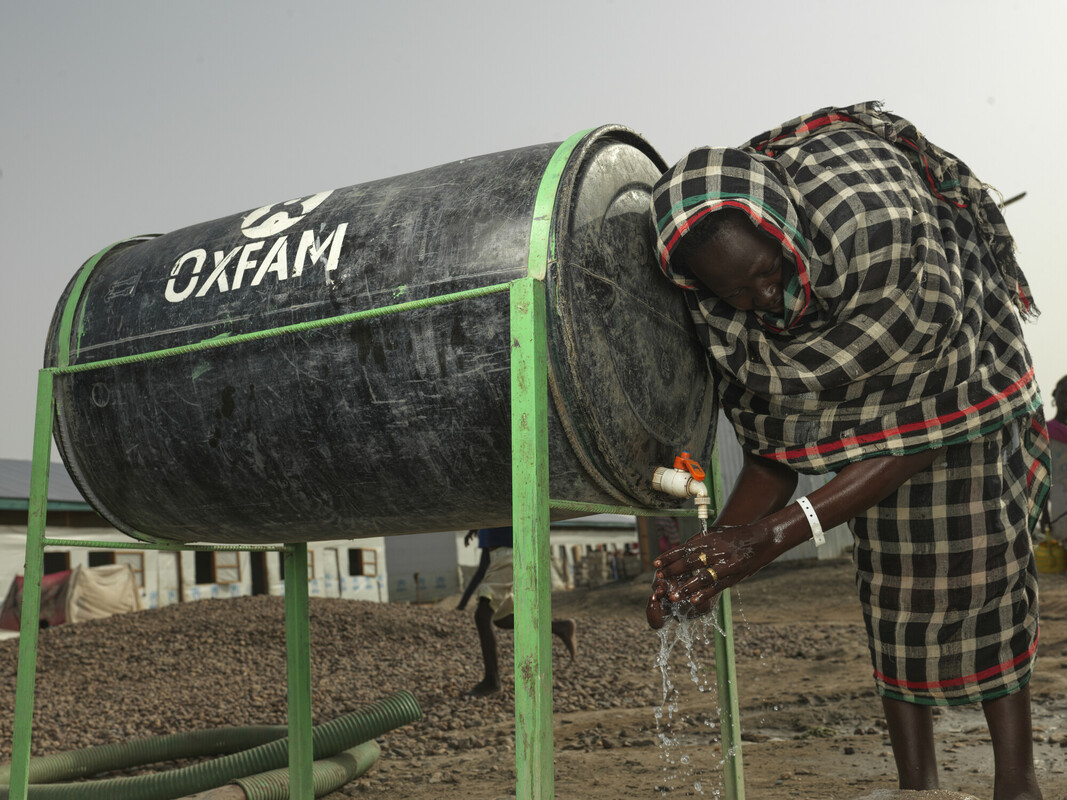
Water and Sanitation
Almost 900 million people in the world do not have access to clean water – that’s a staggering one in eight people. The good news … you can help us change this.
Building economic resilience for all
Difficult life events, like losing a job, falling ill or experiencing a disaster, can be devastating for anyone. For people living in poverty, they can be impossible to recover from.
Everyone deserves to have the resources to help them bounce back from adversity.
Climate change poses a significant threat to people living in poverty and to families who rely on agriculture, fishing or farming for their household income. We work with communities to develop their skills and knowledge to prepare for climate change and diversify their income. For example, we assist farmers producing goods like coffee and tea to gain certification so they can market their produce to a wider audience, and our local partners help communities plant climate-resilient crops to sell or produce feed for their livestock.
Our programs also encourage people who are often excluded from financial opportunities — like women and people living with a disability — to earn and save money. This can be done through savings groups, which bring people together to learn about financial management, collectively save money and take loans to invest in building small businesses.
We also call on governments here in Australia and around the world to tax billionaires and big corporations and invest in social protection, like healthcare for the most vulnerable members of our society.
Ensuring decent work, fair wages and empowering women in decision-making
Our economies are built on the back of millions of hours of unpaid care work and low-paid labour. Because of unjust and patriarchal social attitudes, this unpaid care work is overwhelmingly done by women and girls. The responsibility of caring for children and elderly relatives, along with household duties like cooking, cleaning and collecting water, leaves women and girls with little or no time for school and work. If a woman lives in poverty, she does even more unpaid work.
If women are in the workplace, they make up the majority of the world’s low-paid workers and are concentrated in the most precarious jobs. During times of uncertainty, like the COVID-19 pandemic, women are more likely than men to lose their jobs or lose their income. In fact, the pandemic cost women around the world at least $800 billion in lost income.
Women are also less likely than men to have a bank account and access to the internet, which means they are less likely to be entrepreneurs, start a business and reach leadership positions in business and politics.
Empowering women for Economic Justice
This inequality is based on unfair and sexist structures, where men hold positions of power and women are disproportionately responsible for unpaid care work.
Increasing women’s economic equality would reduce poverty for everyone. Economic inequality costs women in low-income countries $9 trillion per year. If women could rightfully earn this money, they would have a chance to contribute to their household income, invest in the health and wellbeing of their families and boost the economy as a whole.
To address gender and economic inequality, we must ensure that women and men are paid the same wage for the same work, have the same opportunities to hold leadership positions, and share responsibility for unpaid care work. Oxfam is supporting women’s rights to have quality and decent work, fair pay and opportunities for leadership, as well as access to financial institutions to build their economic resilience.
Our stories
When you support Oxfam, you help create a world without the inequality that fuels poverty. Here’s what that looks like for the communities we work with.
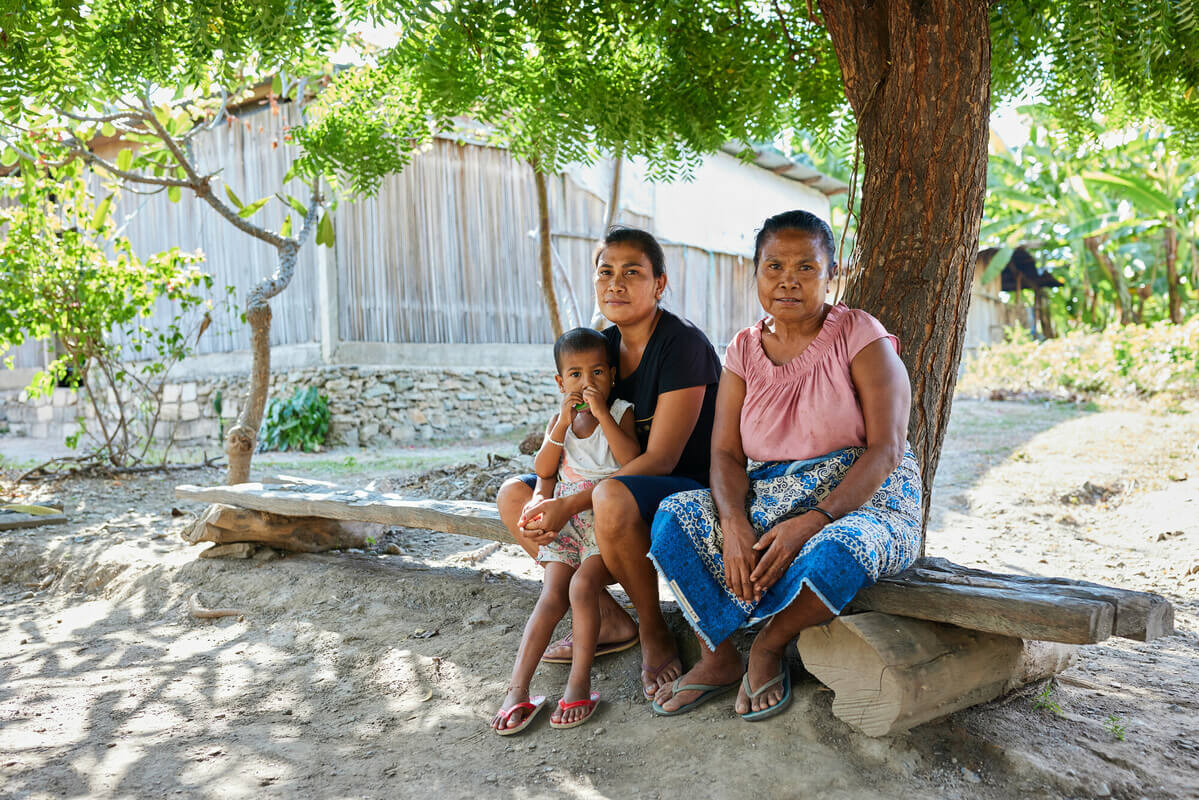
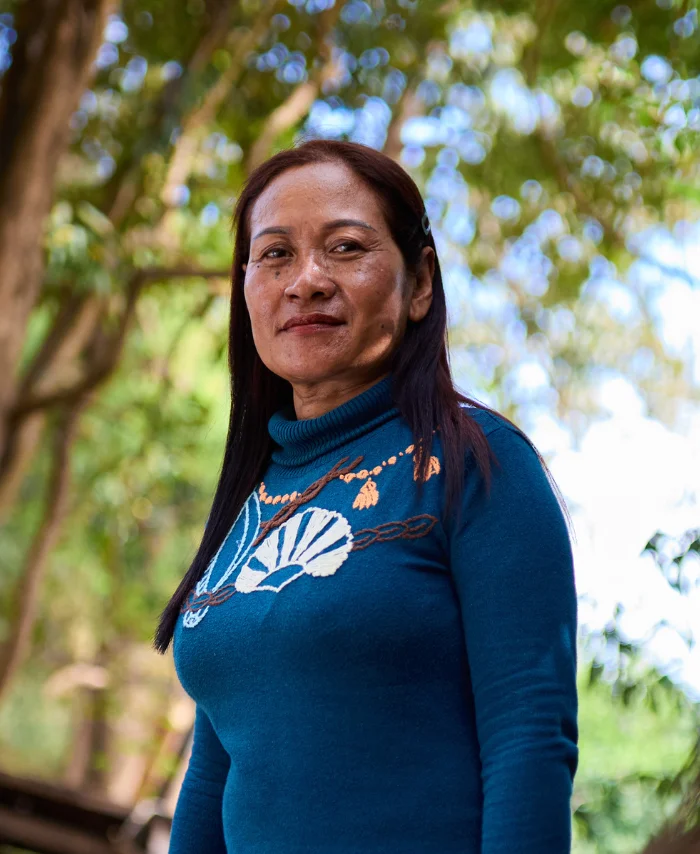
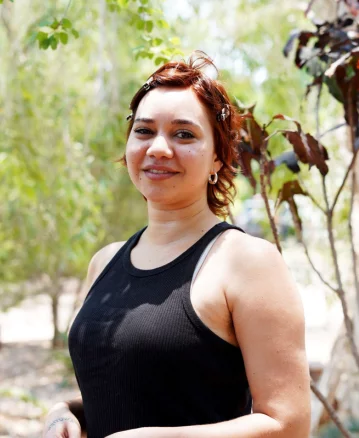
![Bangladesh: Munni is a tea garden worker and earns just 170 Taka [AU$2.30] per day. She has to take out loans in order to buy groceries and then struggles to pay these loans back. Munni attended training run by Oxfam partner organisation, Breaking the Silence, and says she has gained courage through this training. Photo: Fabeha Monir/Oxfam Bangladesh: Munni is a tea garden worker and earns just 170 Taka [AU$2.30] per day. She has to take out loans in order to buy groceries and then struggles to pay these loans back. Munni attended training run by Oxfam partner organisation, Breaking the Silence, and says she has gained courage through this training. Photo: Fabeha Monir/Oxfam](https://www.oxfam.org.au/wp-content/uploads/2024/08/Munni-crop.png)
